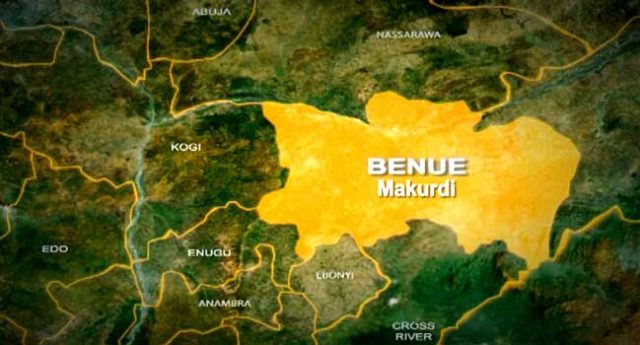On the nights of June 13 and 14, 2025, armed attackers killed over 200 people at the Yelewata and Daudu communities in Benue State, Nigeria. The attacks also resulted in the displacement of people and the destruction of property and farm produce. These attacks are part of a series of attacks across Benue communities spanning decades.
Between 2011 and June 2022, Governor Ortom reported over 200 attacks and 5,000 deaths. Amnesty International recorded 2,600 deaths from 135 attacks between January 2023 and February 2024. These attacks are grave violations of citizens’ right to life under the Nigerian Constitution.
The attacks also pose a threat to food security in Benue and Nigeria, as the state is predominantly a farming state. The government must urgently deploy security personnel across the state to protect lives and property. In addition, Benue citizens should exercise their constitutional right to self-defense to protect their communities from future attacks.
Benue citizens, like all Nigerian citizens, have the right to life and property. The 1999 Constitution of the Federal Republic of Nigeria establishes that the government’s main purpose is to ensure the security and welfare of its citizens. The government needs to improve security in the state.
The government should establish permanent military bases in the communities under attack and deploy more security personnel to prevent future attacks. The government should equip security personnel adequately to repel attacks. Reports disclosed that the attack on June 14 lasted over three hours without security intervention. Yet, the Air Force base in Benue State is about one hour from Yelewata, where one attack occurred.
A security team in the community attempted to repel the attack. However, the attackers overwhelmed the team because of the limited number of personnel. With more security personnel and adequate weaponry, the state can ensure a faster and more effective response to future attacks.
Intelligence gathering is crucial to enhancing security operations in Benue State. Countries like Colombia and Rwanda use local intelligence and technology to tackle insecurity. During the Colombian conflict, the military used geospatial mapping and satellite imagery to intercept insurgency in rural areas. In Rwanda, the police use nationwide surveillance and data from local communities to monitor and prevent attacks. Nigeria can adapt these models locally. The nature of attacks in Benue State would typically require careful planning and execution.
The security intelligence units of the Nigeria Police Force and the Nigerian Army can deploy technologies such as drones to monitor suspicious activities. Security personnel can liaise with local communities to detect and deter attacks. Community members must also remain vigilant and report suspicious individuals and activities to security personnel, who must act promptly.
The Nigerian Constitution guarantees the right to self-defense under Section 33. This right encompasses the defense of other persons and property. Section 59 of the Penal Code further provides, “Nothing is an offence which is done in the lawful exercise of the right of private defence.”
By exercising the right to self-defense, the people of Benue State can defend themselves and their property from future attacks. In exercising this right, however, the people must act within the limits of the law. Self-defense applies only when an attack is unprovoked and the victim cannot safely escape the attack. In addition, the victim must use only the force necessary to stop the attack.
To ensure effectiveness and coordination, Benue citizens should mobilise a civilian task force to defend their communities. In Borno State, the Civilian Joint Task Force (CJTF), comprising vigilantes and hunters, with support from government security agencies, collaborated to combat terrorism. Similarly, there should be a civilian task force in Benue State to bolster local security.
Borno’s CJTF, founded in 2008, now has over 26,000 community volunteers supporting intelligence, rescue, and combat. The military can also train local volunteers in Benue to monitor, repel, and report suspicious activities. However, there must be government oversight to ensure accountability and prevent abuse.
The government should establish clear operational guidelines, including mandatory training and reporting for citizens exercising self-defense.The insecurity in Benue is a national concern that demands urgent attention. Yet, the government’s response remains inadequate to address the situation. Unless the government and the people of Benue act decisively, the tragic loss of lives and property will persist.
Ayua is a writing fellow at African Liberty, an
associate at Infusion Lawyers.







